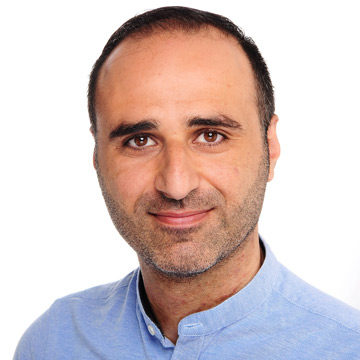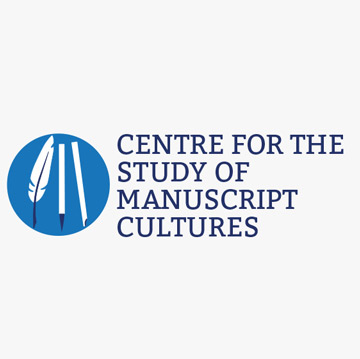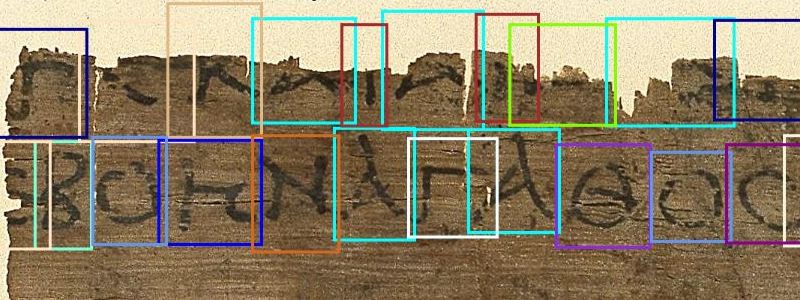document analysis and recognition
Events
People

Hussein Mohammed
Principal Investigator, UWA
Computer Vision Scientist
hussein.adnan.mohammed@uni-hamburg.de
Institutions

Centre for the Study of Manuscript Cultures (CSMC), UHH
The centre brings together an international and cross-disciplinary research community to study written artefacts
People



